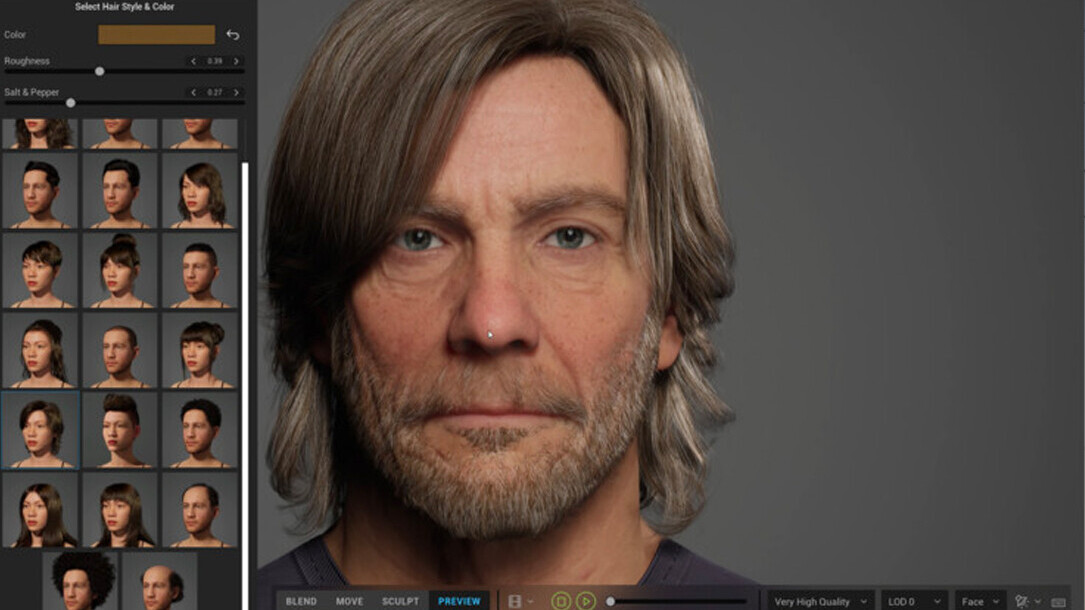In the early months of the COVID-19 shelter-in-place, Cathy Gover joined the dating website Plenty of Fish. Like many people during the pandemic, the Tennessee widow was suffering from the onset of lockdown loneliness and decided to look for love online. It wasn’t long before she met Marc from Atlanta, and fell for his considerable charms. Then, six weeks into their online romance, Marc asked Cathy for financial help.
Of course, you’ve heard this story many, many times before. An older woman looking for love and companionship meets a predator posing as a lonely heart, only to be duped out of thousands of dollars. Sometimes these cases can be frustrating, and leave us asking how the victim missed all the glaring red flags.
In the end, Cathy discovered that the pictures Marc had sent her were actually of a Brazilian pastor. But not before he had relieved her of a cool $3,000 and badly damaged her faith in humankind and, of course, her dampened hopes of finding love again.
[Read: ]
With just a few stolen photographs and a six-week “love bomb” operation, this fraudster was able to extract a significant amount of cash from Cathy and he (if it even was a he) has no doubt done the same thing to scores of others. Now, just imagine how many more he could fool if he was able to create hundreds of original, convincing, and interactive identities at the click of a button.
This scary prospect isn’t as far off as you might think.
Enter the MetaHumans. High-fidelity digital humans that can be created “in minutes” with the help of a new tool from Epic Games — the MetaHuman Creator — that promises to “will empower anyone to create a bespoke photorealistic digital human, fully rigged and complete with hair and clothing.”
Though not yet perfect, these digital creations are still pretty uncanny and demonstrate just how far this kind of technology has come.
Obviously, Epic’s primary audience for this impressive tool is creators in the gaming, movie, and wider entertainment industries, and we can only imagine what fantastical experiences they will use to create, but we also shouldn’t rule out its malicious use. Particularly in this new, more virtual world that often relies on remote video communication more heavily than in-person interaction.
As a species that has thus far evolved to trust our senses, but we need to slowly unlearn the idea that “seeing is believing.” At the same time, more serious thought should go into how we get ahead of a future in which legions of these MetaHumans (and their equivalents) are unleashed online to mislead and defraud those who cannot identify them as fakes.
But even if governments were able to regulate in a way that would block or deter the weaponization of this technology (which seems unlikely), we should also take pause to think about how we feel about the legitimate, transparent use of these phony humans outside of the narrow world of movies and video games.
Might they replace humans in commercials, or even in the classroom? Would you have one read your kids a bedtime story? Could they model clothes without tripping up on virtual runways, or host the next online conference you attend without a hitch? There are many possibilities, but each heralds the redundancy of a real human being. It makes you wonder why we are so hell-bent on creating tech in our own image when it could be the ultimate act of self-sabotage…
Even if we choose to dismiss as fantasy the idea that digital humans will infiltrate our daily lives in the near-term, we should not overlook that for much younger generations concepts like this — along with fake news and deepfakes and tech like GPT-3 — will be part of their understanding of the world. They are altogether less “creeped out” by AI, and its creations, and more likely to engage with bots in all guises. As such, we have a real responsibility to think about how we want these tools to be deployed and which lines we should prevent them from crossing… even if it does all feel a little Dr. Who.
This article was originally published on You The Data by Fiona J McEvoy. She’s a tech ethics researcher and the founder of YouTheData.com.
Get the TNW newsletter
Get the most important tech news in your inbox each week.






